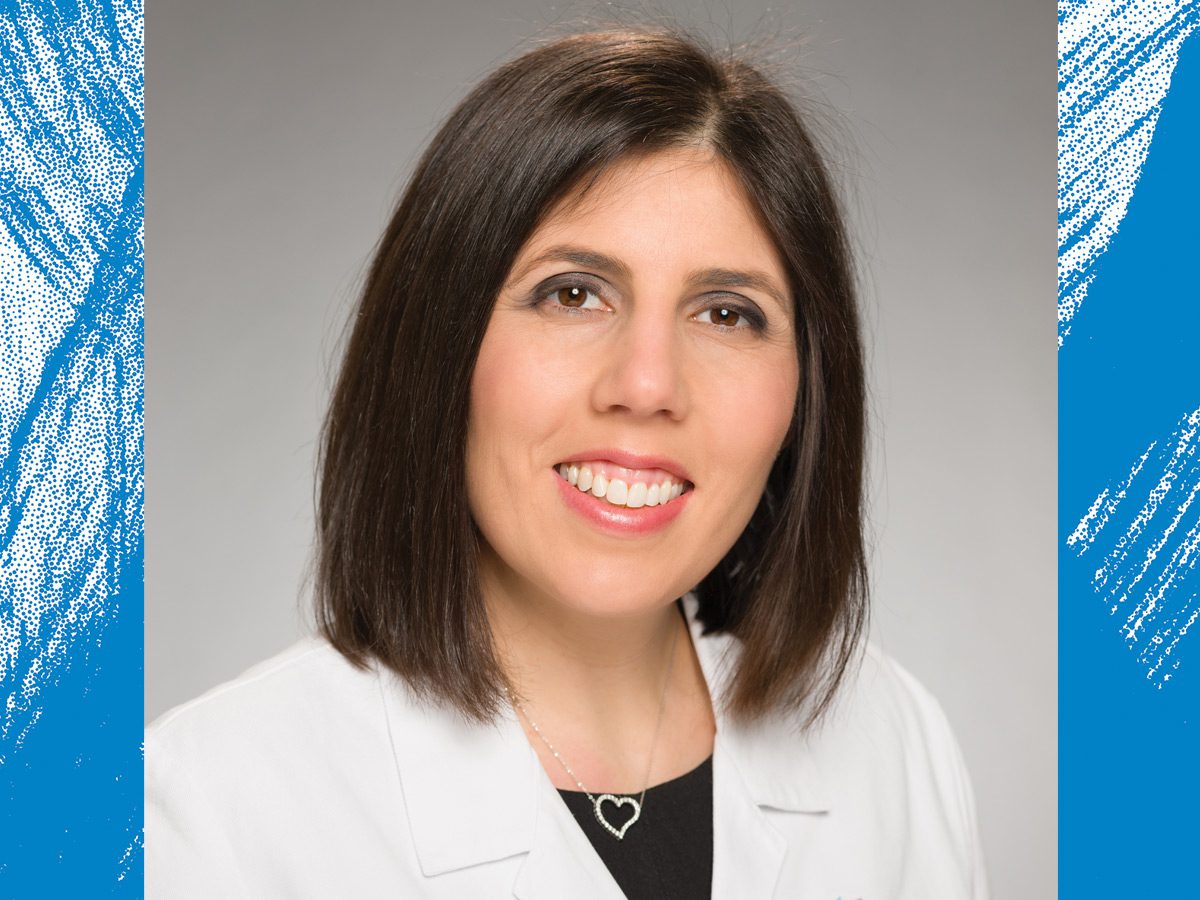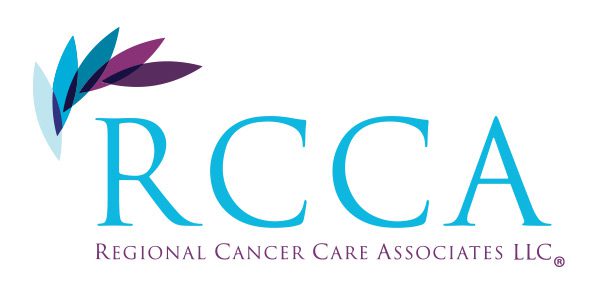Women in Healthcare: Rachel Levenbach, MD


Rachel Levenbach, MD, Hematology, Internal Medicine and Medical Oncology
“I just fell in love with the whole idea of an emphasis on patient interaction, patient care, having discussions with the family and really getting to know the patient and their family.”
Building trust, building relationships
One of the reasons Rachel Levenbach, MD, became an oncologist is rather unique: She valued the close patient relationship. “I just fell in love with the whole idea of an emphasis on patient interaction, patient care, having discussions with the family and really getting to know the patient and their family,” she says.
“I didn’t want to go into a field where I just ran in and out of the exam room,” she continues. “I wanted to really get to know the patient, have sit-down discussions with them. With cancer patients, they have to trust you, and you have to trust them. You become a family, because many times you’ll be talking about deep, heavy topics.”
That close relationship is especially helpful when discussing their diagnosis. “I have to be gentle. I have to be warm. I want them to understand what they’re going through, but also not throw too much at them all at once. It’s important they know they can talk to me about anything. I’m here to listen.”
While the treatment she and her colleagues at RCCA provide spans all cancer diagnoses, Dr. Levenbach says she’s always had a particular interest in women’s health.
“During my residency, I was doing research in breast cancer,” she says. “In my fellowship, I was researching gynecologic cancer. When I decided to go into private practice, I knew I’d be seeing a wide range of cancers. Even though I don’t have a specialty, I do a lot of women’s health.
When Dr. Levenbach joined Regional Cancer Care Associates, she was the first female physician – she feels strongly that being a woman offers her a unique opportunity to bond with her female patients and more deeply understand their complex needs.
“Women like to see women,” she says. “I have the same body parts as them. I have the same hormones as them. A lot of the things they experience, I experience as well. It makes it easier for women to tell me things, because they feel more comfortable talking to someone who understands what they’re saying.”
There is also a mental and emotional component to caring for cancer patients, especially breast cancer patients, Dr. Levenbach says.
“In the beginning, there’s just a lot of shock at the diagnosis,” she says. “And there’s no time to really take a breath and think about what’s going on. Patients often feel better once there is a plan in place. A lot of times the biggest nerves and the biggest anxiety comes after treatment. That’s when the patient says, ‘Wait, what just happened?’ I tell patients it’s ok to ask me questions they wished they had asked in the beginning, even if it’s two years later.”
Along with a meaningful patient relationship, Dr. Levenbach recognizes the importance of staying current with medical research and advancements, especially in cancer treatments.
“In oncology, the field is constantly changing,” she says. “You really must be dedicated to learning. My kids go to bed, and I’m reading the most recent studies. I’m committed to helping my patients, and knowing the newest data that’s coming out.”
Dr. Levenbach stresses that advancements in cancer treatment have made a significant difference in patient outcomes. “Even though it is scary to get a cancer diagnosis, the majority of breast cancers are very treatable and curable. Patients do very well,” she says. “But early detection is key.”

609-702-1900
350 Young Ave. | Suite 200 | Moorestown
regionalcancercare.org

